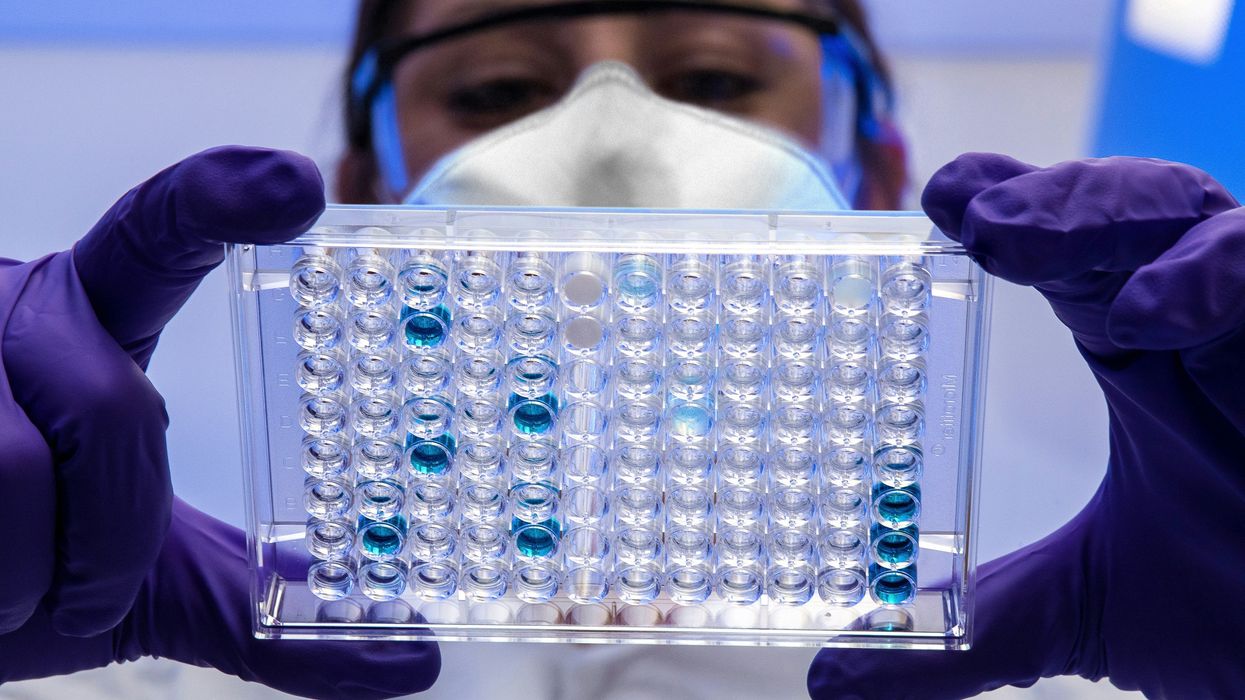The 4th of July is a day of celebration, patriotism, and fun-filled activities, from barbecues and parades to fireworks and outdoor adventures. However, it's also a day that comes with potential risks. Following safety guidelines can ensure a memorable and safe holiday for everyone. Here are some essential safety tips for celebrating the 4th of July.
1. Fireworks Safety
Fireworks are a quintessential part of 4th of July celebrations, but they can be dangerous if not handled properly. According to the National Safety Council (NSC), thousands of people are injured each year in fireworks-related incidents, with burns and injuries to the hands and face being the most common .
Tips:
- Leave it to the Professionals: Attend public fireworks displays conducted by trained professionals rather than using consumer fireworks.
- Follow Local Laws: Be aware of and follow all local laws regarding fireworks.
- Keep a Safe Distance: If using fireworks at home, keep them away from people, houses, and flammable materials. Light them one at a time, and never relight a dud.
- Supervise Children: Ensure that children do not handle fireworks and maintain close supervision at all times.
2. Grilling Safety
Barbecues are a staple of 4th of July festivities, but grilling can pose risks if safety precautions are not followed. The National Fire Protection Association (NFPA) reports that July is the peak month for grill fires .
Tips:
- Check Your Grill: Before using the grill, check for gas leaks and ensure it is clean and in good working order.
- Grill Outdoors: Always grill outdoors in a well-ventilated area. Keep the grill away from the house, deck railings, and overhanging branches.
- Supervise the Grill: Never leave the grill unattended while in use. Keep children and pets at a safe distance.
- Use Proper Tools: Use long-handled tools to avoid burns, and keep a fire extinguisher nearby in case of emergencies.
3. Water Safety
Many people spend the 4th of July at pools, lakes, or the beach. Water activities can be fun but also dangerous without proper precautions. The American Red Cross emphasizes the importance of water safety to prevent drowning and other injuries .
Tips:
- Swim in Designated Areas: Only swim in designated areas supervised by lifeguards.
- Watch Children Closely: Never leave children unattended near water. Ensure they wear appropriate flotation devices.
- Avoid Alcohol: Do not consume alcohol while swimming or supervising children in the water.
- Know Your Limits: Be aware of your swimming abilities and avoid venturing too far from shore.
4. Sun and Heat Protection
Spending time outdoors on the 4th of July means exposure to the sun and heat, which can lead to sunburn, dehydration, and heat-related illnesses. The Centers for Disease Control and Prevention (CDC) provide guidelines for protecting yourself from the sun and heat .
Tips:
- Apply Sunscreen: Use broad-spectrum sunscreen with an SPF of at least 30. Reapply every two hours and after swimming or sweating.
- Stay Hydrated: Drink plenty of water throughout the day, and avoid excessive consumption of alcohol and caffeinated beverages.
- Seek Shade: Take breaks in the shade to cool down and protect yourself from the sun’s harmful rays.
- Wear Protective Clothing: Wear lightweight, loose-fitting clothing, a wide-brimmed hat, and sunglasses to protect your skin and eyes.
By following these safety tips, you can ensure a fun and safe 4th of July celebration. Whether you’re enjoying fireworks, grilling, swimming, or simply spending time outdoors, taking precautions can help prevent accidents and injuries, allowing you to fully enjoy the holiday.
References
- National Safety Council. (2021). Fireworks Safety. Retrieved from NSC.org.
- National Fire Protection Association. (2020). Grill Fires. Retrieved from NFPA.org.
- American Red Cross. (2019). Water Safety Tips. Retrieved from RedCross.org.
- Centers for Disease Control and Prevention. (2020). Sun Safety. Retrieved from CDC.gov.






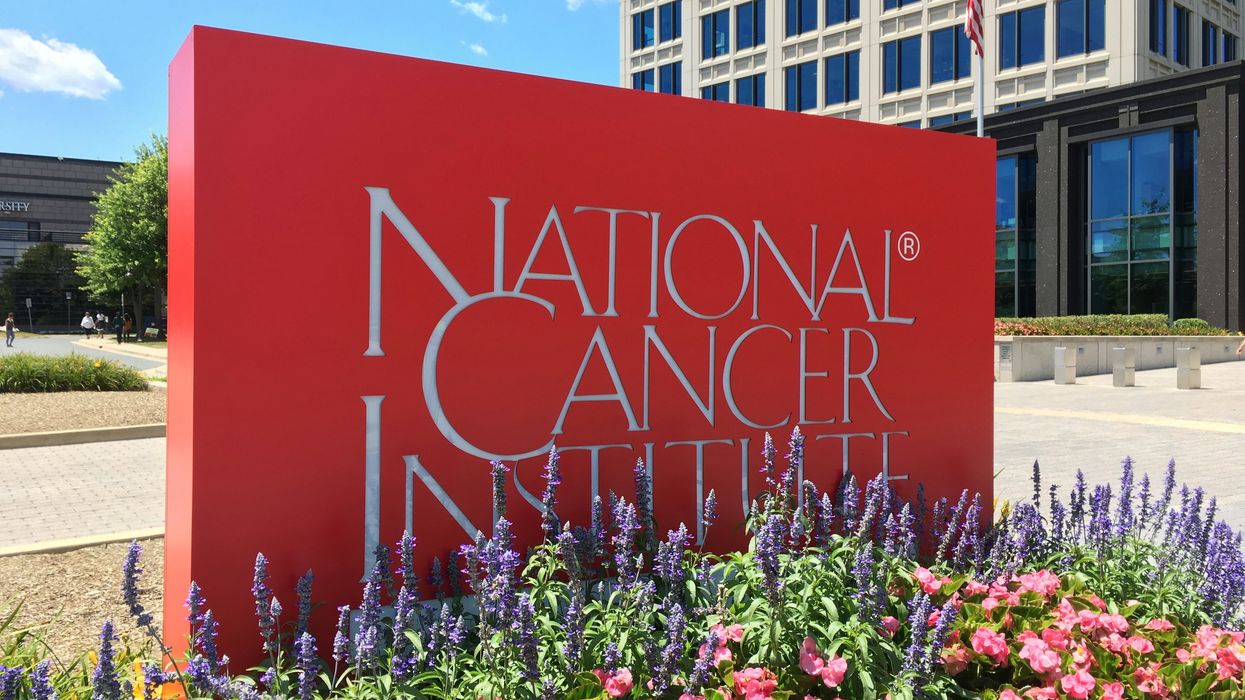
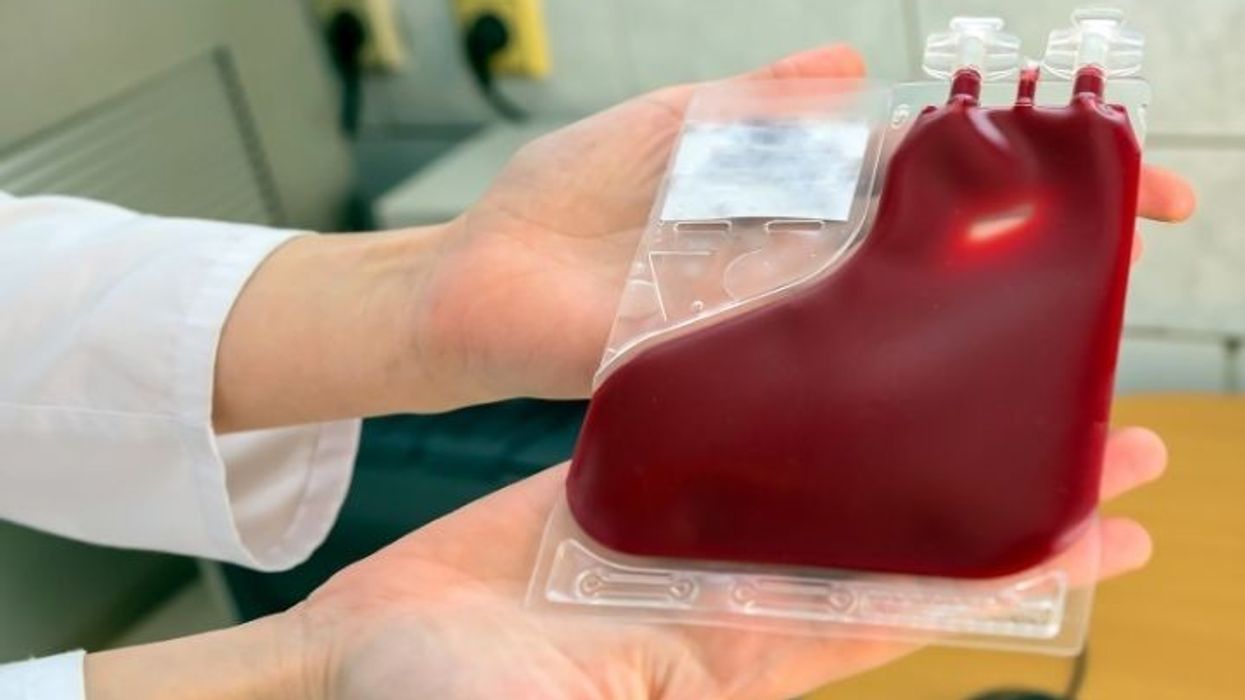
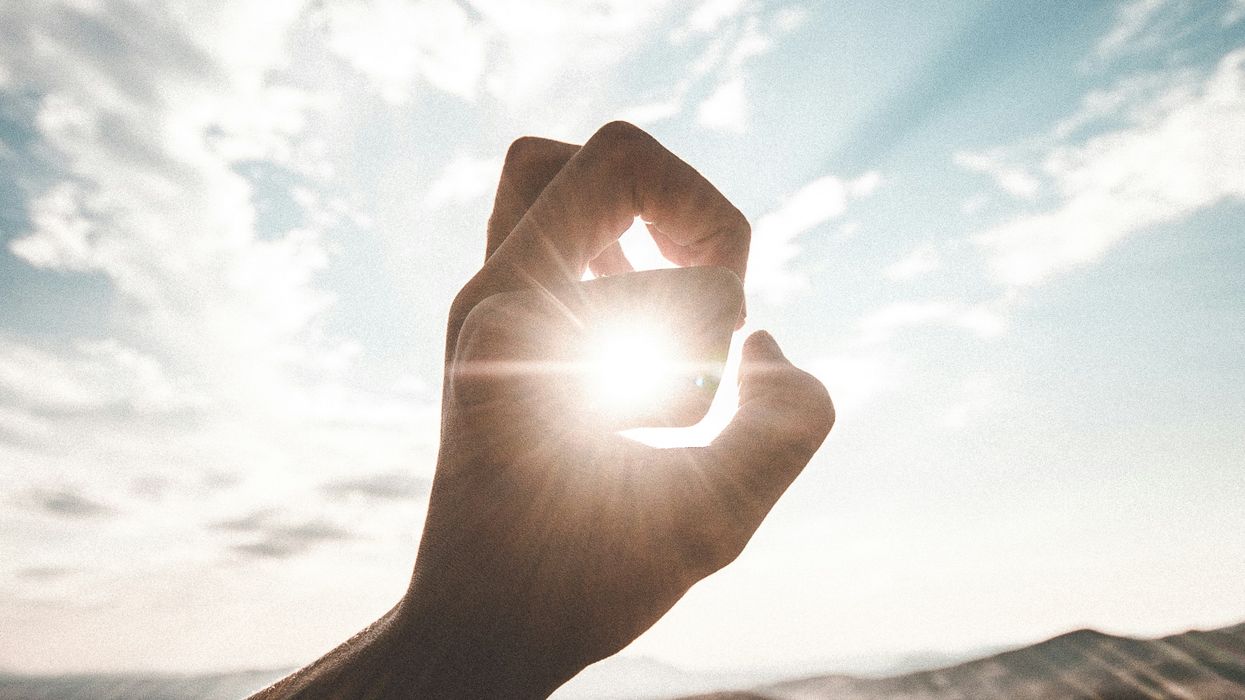
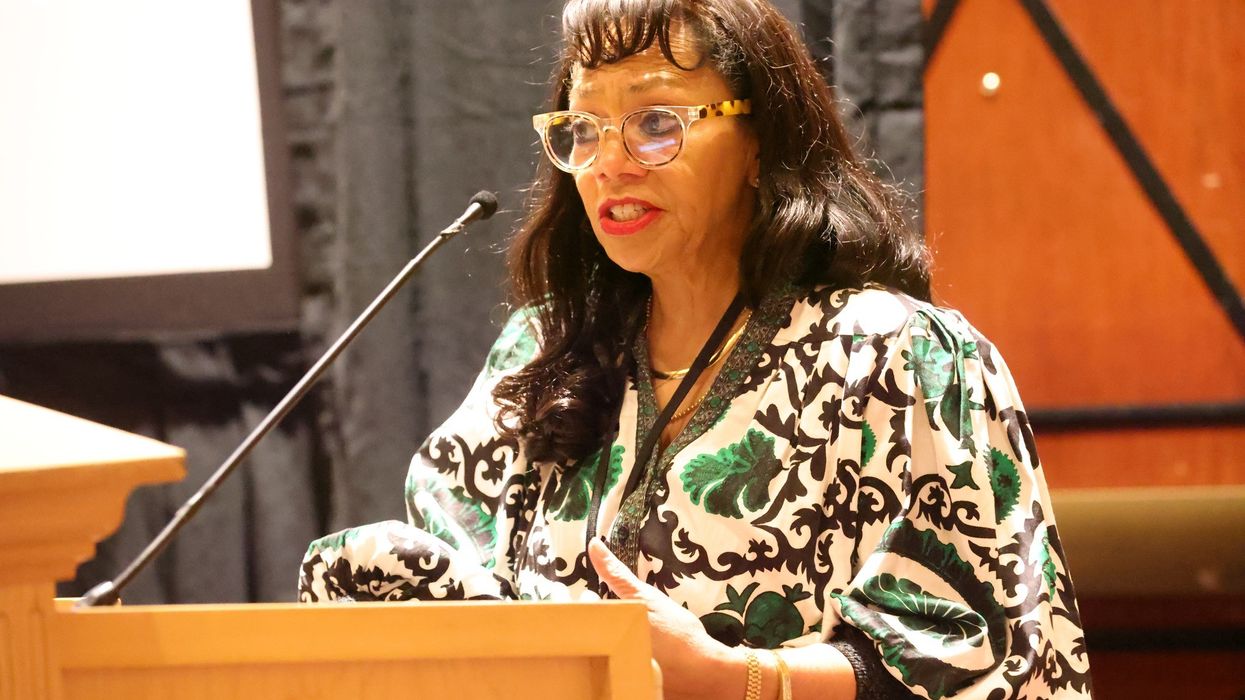



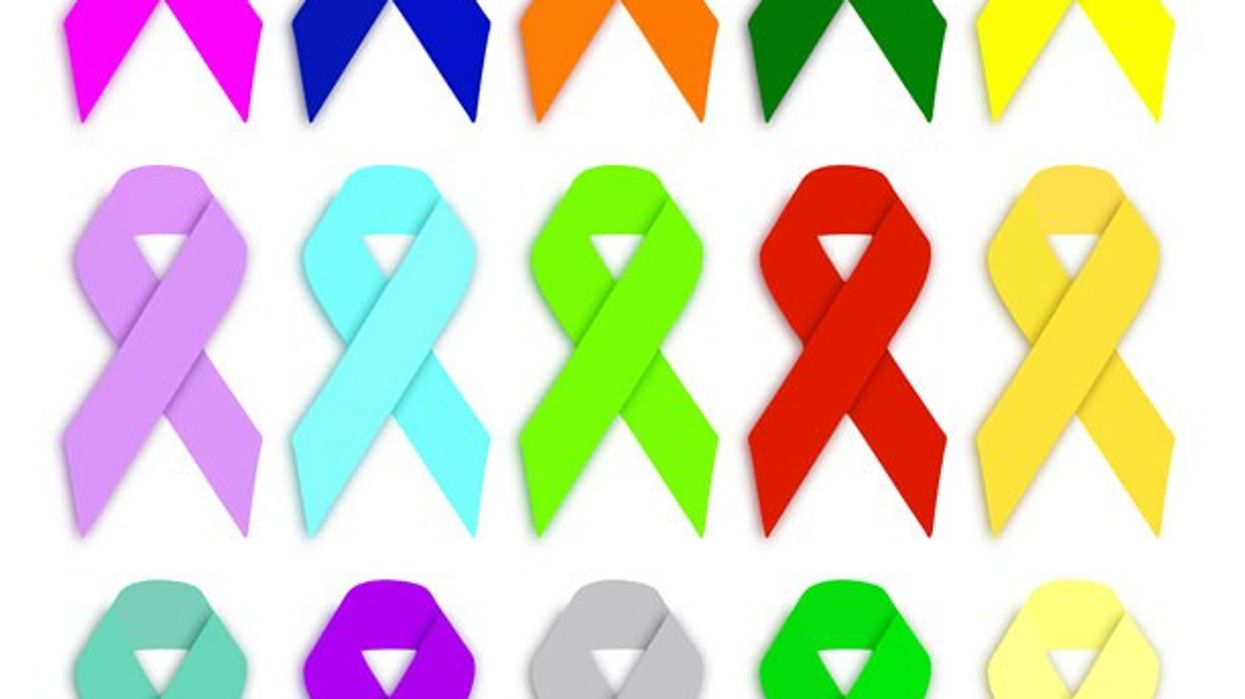

 Dr. Cary S. Kaufman teaches the "Essentials of Oncoplastic Surgery" course through the National Consortium of Breast Centers, providing breast surgeons around the world with advanced techniques for optimal breast surgery outcomes.
Dr. Cary S. Kaufman teaches the "Essentials of Oncoplastic Surgery" course through the National Consortium of Breast Centers, providing breast surgeons around the world with advanced techniques for optimal breast surgery outcomes.

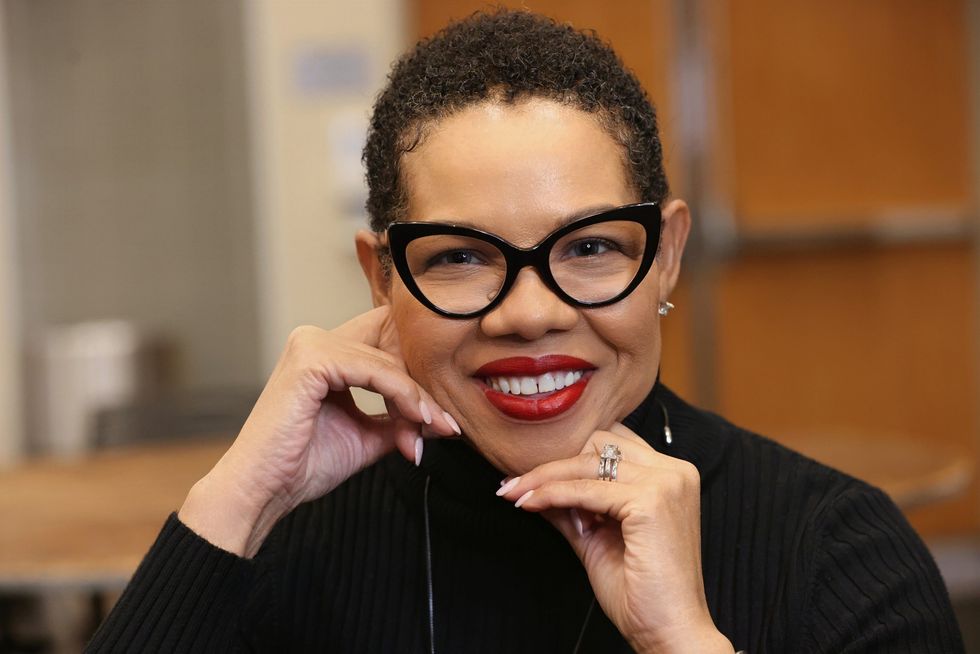 Dr. Jill Waggoner is offering her patients a more personalized and intimate healthcare experience through concierge medicine.
Dr. Jill Waggoner is offering her patients a more personalized and intimate healthcare experience through concierge medicine. 